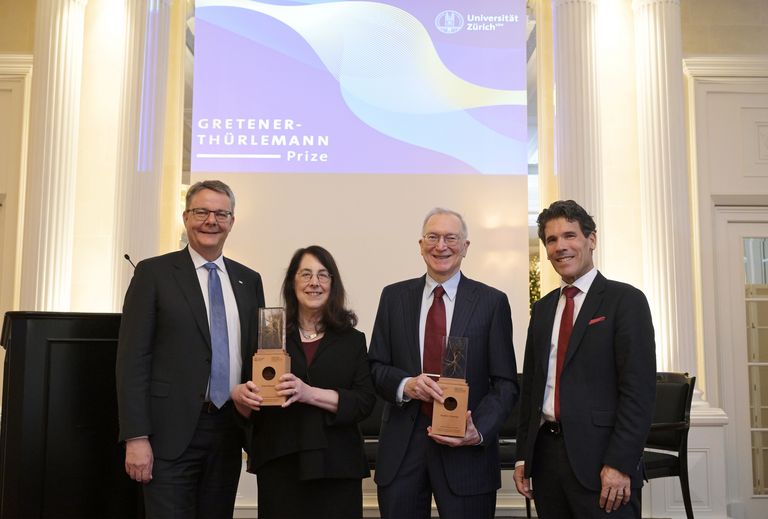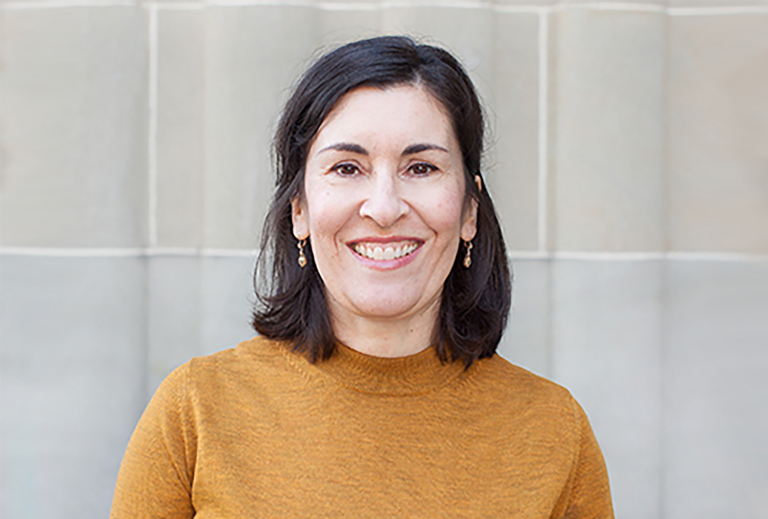With a bequest from anthropologist Irène M. Staehelin-Schindler, a research center is being established at the University of Zurich, featuring two professorships focused on gender roles, religions, discrimination, and violence against women. Who was this extraordinary woman, and what motivated her to leave such a profound legacy?
Irène Staehelin had an insatiable thirst for knowledge. She had a particular fascination with human evolution, and the injustices in the world deeply moved her. She was always aware of her own privileges and felt a deep sense of responsibility to use these privileges for the greater good. As the wife of Dr. Jenö C. A. Staehelin, a former Swiss diplomat and UN ambassador, she could have led the conventional life of a diplomat’s wife, representing Switzerland alongside her husband. However, she had her own aspirations that extended far beyond that.
After studying art history and philosophy at UZH, Irène Staehelin trained as a photographer, a profession for which she had developed a natural flair early on. In the 1990s, she traveled to South Africa for the first time to photograph the rock paintings of the San, the indigenous people of the region. She became acquainted with the San people and was appalled by the discrimination they had endured throughout history. Driven by her sense of justice, Staehelin felt compelled to help the San people address their trauma.*
To gain appropriate access to the local people as a white person in South Africa, and to have her efforts taken seriously, she began studying anthropology at Boston University (USA) at the age of 50. She completed her studies with a Master of Arts in Anthropology and a Graduate Certificate in African Studies.
On Gender and Religion
Even before that, Irène Staehelin had been deeply focused on the inequalities between the sexes, reflecting on both the biological and social differences between men and women. Through her anthropology studies, she came to understand that social gender differences—particularly the oppression of women—are not universally interpreted in the same way, and that these distinctions are heavily shaped by religious beliefs. This led Staehelin to explore the question of which aspects of gender differences are truly dictated by religion, and to what extent religion serves as a pretext to deny women the same rights as men.
Irène Staehelin’s profound dedication to confronting inequality and the discrimination of women and minorities defined her tireless commitment to justice and humanity. Her character was marked by humility, empathy, and a sensitive approach to marginalized people. With the establishment of a research center and the funding of two professorships at UZH, Irène Staehelin’s life’s work continues. Her core values, which shaped her as a person, will thus live on.
The UZH and the UZH Foundation would like to extend their heartfelt thanks to the Irene M. Staehelin Foundation for its generous donation and the trust it has placed in us.
* The San are the oldest people in the world. They were exploited and displaced for centuries. Irène Staehelin eventually founded the San Heritage Center “! «!Khwa ttu».



